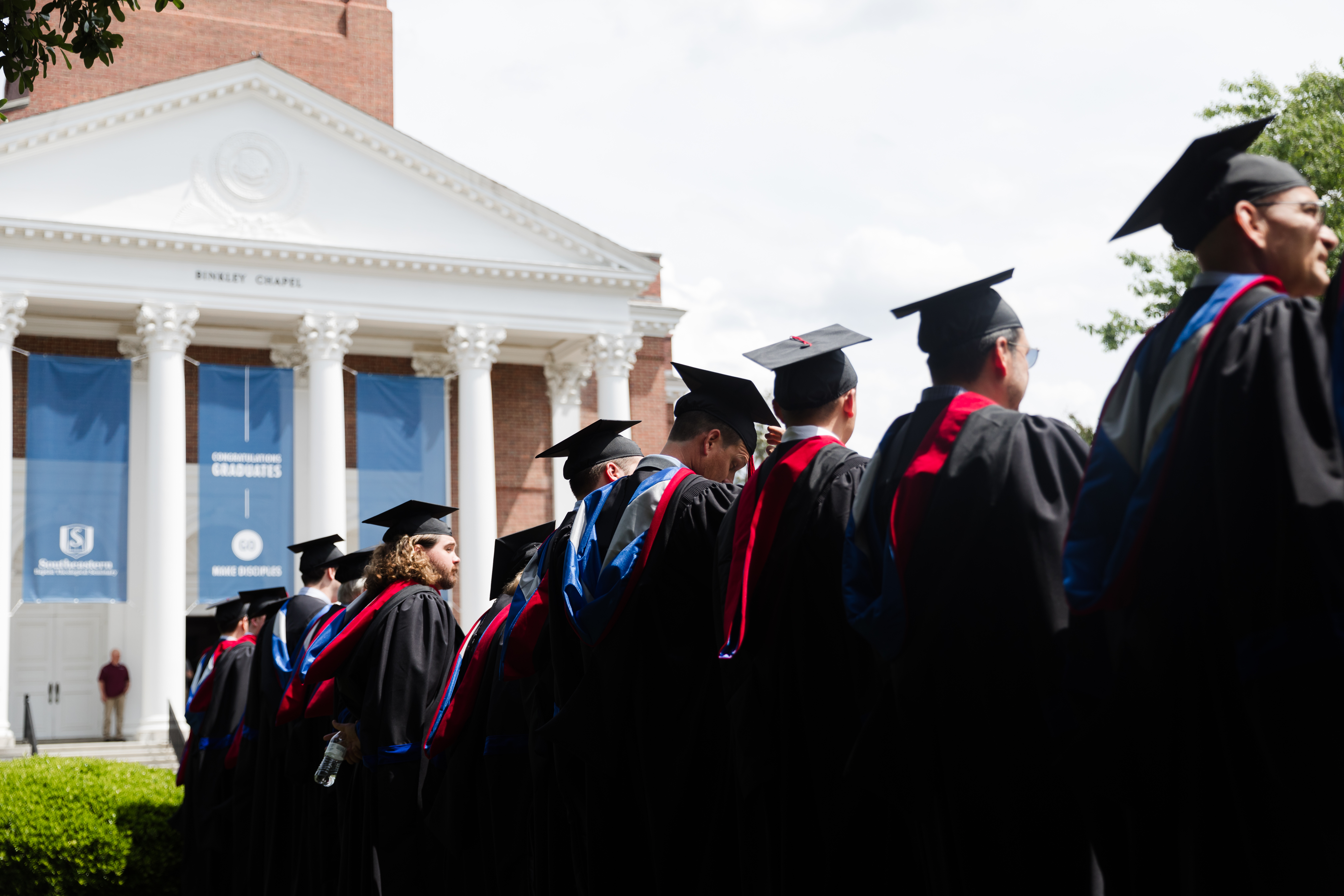So, what is culture, and why does God’s mandate for human life in his creation have culture in view?
What is Culture?
The lexical roots of the word culture fall very close to the imagery of God’s very first instructions to humanity to work the ground. The Latin origin of the English word is “cultura,” which comes from the verb, “colere,” meaning to “inhabit, cultivate, protect, honor with worship.” The range of meaning associated with these words is decidedly agrarian. It has to do with tending to something, from which we inherit our English verb “to cultivate.” When we stop and think about the things we usually call “culture,” this makes good sense. In everyday usage, we say that language or customs are part of someone’s culture, and these are things that are crafted over time by societies. But in a technical sense, culture is more than merely specific works that are especially impactful for taste or beauty or how we identify ourselves in relation to others. So, here is my definition of culture: culture consists of the ways and products of creatures in creation.
All of life is cultural, and that is the result of God’s good design for human life. The mode of existence for human beings, made in his image, is cultural, for culture is what results when human beings order the world around them into something meaningful. Not only is this true of the pop culture of Instagram influencers or the high culture of painters and sculptures, but also of the daycare worker, accountant, parent, and farmer. If the story God is telling through Scripture and history concerns the way of Christ, then the manner in which we walk is always through cultural forms. The biblical notion of “walking in the way of wisdom” is the best approach for cultural engagement. Christians are called to advance the ways of the King in the kingdom – in all of creation. A kingdom culture of love for God and neighbor necessarily results from kingdom citizens walking in the way of the King and advancing these ways in culture.
Wisdom is the Way of Christ in Culture.
Wisdom accounts for both what is and what ought to be in the world. Wisdom accounts for what is by virtue of wisdom, itself, being the agent of creation. The move between the way creation is to the way creation ought to be is instructive for Christians. The is of creation, God’s work, is accompanied by the ought of God’s way. This is the way God’s people are to walk in the world. This is the way of wisdom. As I’ve defined, culture is the ways and products of creatures in creation. These “ways and products” are necessary by-products of human interaction with creation. And ways and products are not neutral. They are laced with value and meaning, promoting a particular way or direction in God’s world. Our task as Christians is to consider carefully which way is promoted by these cultural manifestations and to ensure that our ways and products intentionally promote the way of the Lord in creation.
Set your Gaze on Christ.
Every form of cultural engagement, no matter how mundane, is important for our consideration as we seek to follow Christ in his way. As God’s creatures made to image him, we are called to walk in the way of Christ who is the great image of God, par excellence. This way of Christ is always a cultural path lived out in particular times and places, and cultural forms and products are the inevitable result of people traveling this path. Moreover, following Christ in his way requires that we pay attention to where we are in history and to what cultural context surrounds us, and then consider the example of others as we set off on this way in our own time and place.
So, in wisdom, consider the ways of Christ. Jesus tells us that he himself is “the way, the truth, and the life” (John 14:6). If we are called to follow his example and walk his wise way in all our culturing—in all our cooking, commuting, posting, sleeping, visiting the sick, and voting in elections—then we must keep Christ, with his words and actions, ever before us. Surely the Christian life is nothing less than beholding our Lord Jesus and the great goal of all time. We aim to behold him, and by seeing him, we are drawn ever toward the vision of the living God, walking in his ways until we are made complete and mature in his image (2 Cor 3:18).
And this is the greatest cultural calling.






No comments have been added.